Many organisations are involved in the knowledge landscape of UK agriculture, some of which are shown below. Farm-PEP aims to help connect across these organisations and initiatives to generate, share and distill knowledge across the community.
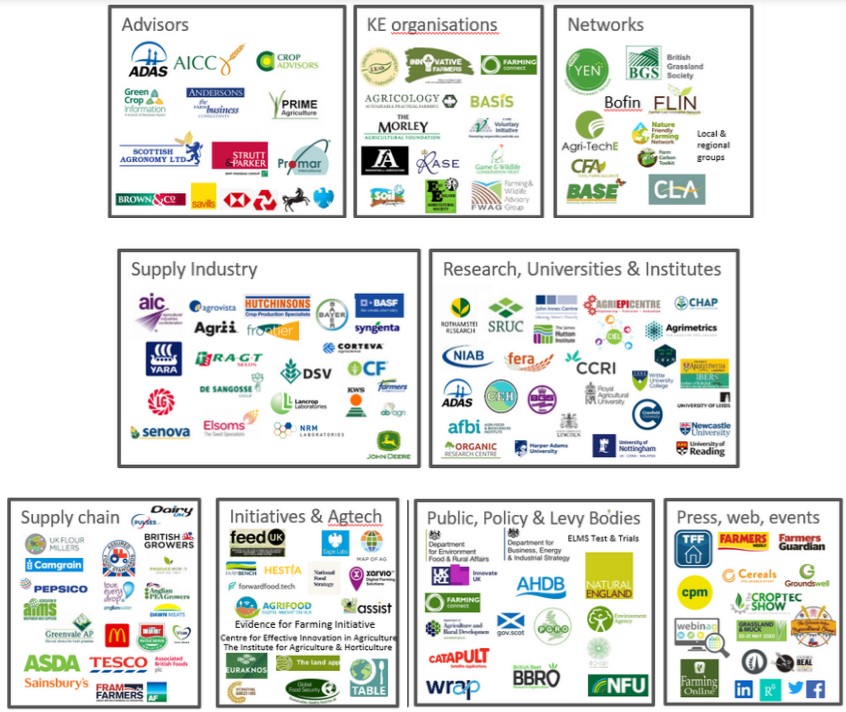
Lots of resources on the web that aim to produce and collate knowledge for different audiences and different purposes across agriculture and food, but they are not necessarily known to all.
Below we've listed some of the useful sources we know of, but this isn't exhaustive. Please add any we've missed, and let us know which you think are most useful and why.
| Levy Bodies | Knowledge Repositories |
| AHDB - Cereals, Oliseeds, Dairy, Beef, Lamb & Pigs | National Library for Agrifood |
| PGRO - Pulses | Agricology |
| BBRO - Sugar beet | Ask Valerie |
| BovINE Knowledge Hub | |
| Organic Research Centre | |
| Organic Farm Knowledge | |
| Regional | Table |
| Farming Connect - Wales | Farm Wildlife |
| SAOS - Scotland | Conservation Evidence |
| RISS - Rural Innovation Support Service - Scotland | Catchment Based Approach Pin Point |
| Swarmhub - South West | |
| National Biodiversity Network | |
| Environmental Evidence |
Suggest more or say what works for you below


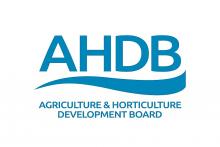
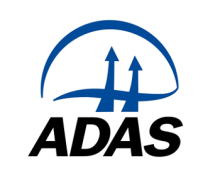

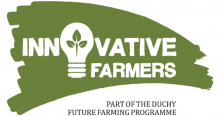
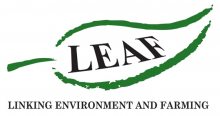




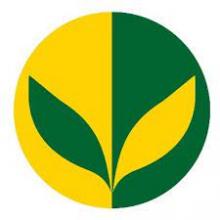

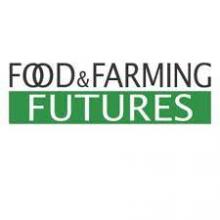


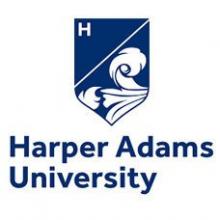
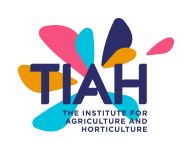
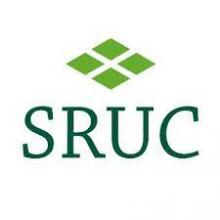



Discussion
Share here any organisations or initiatives from the list above, and we'll add in